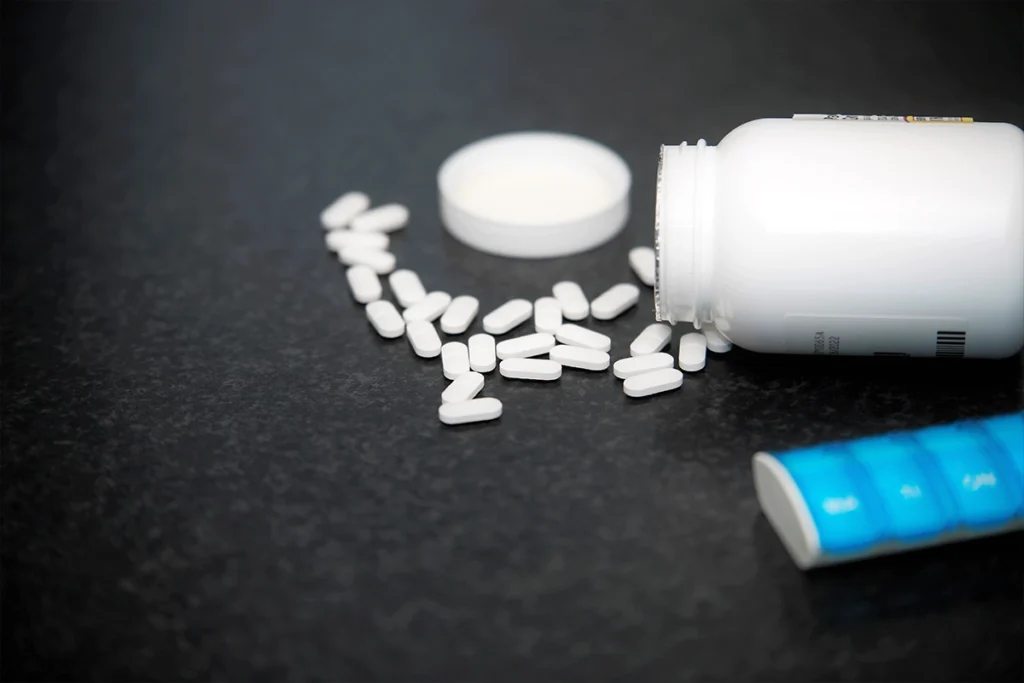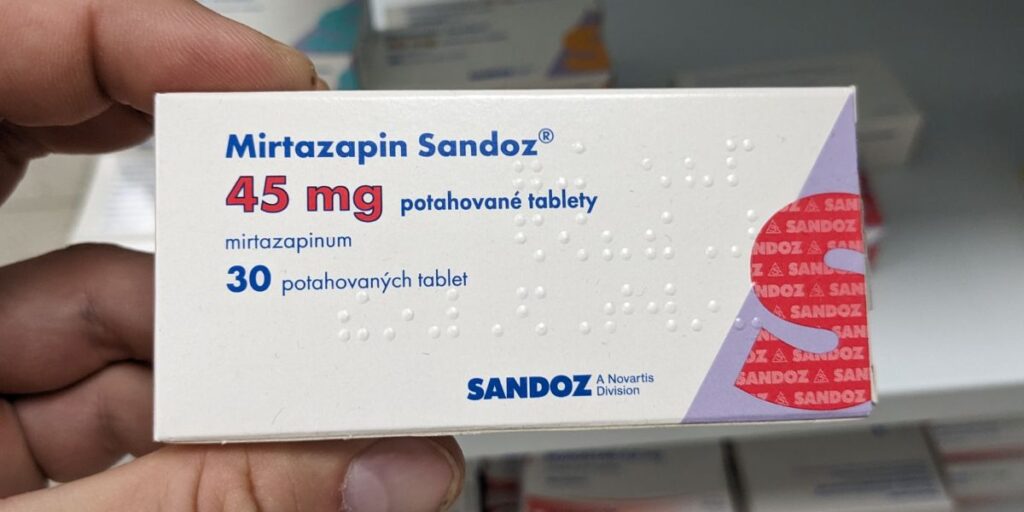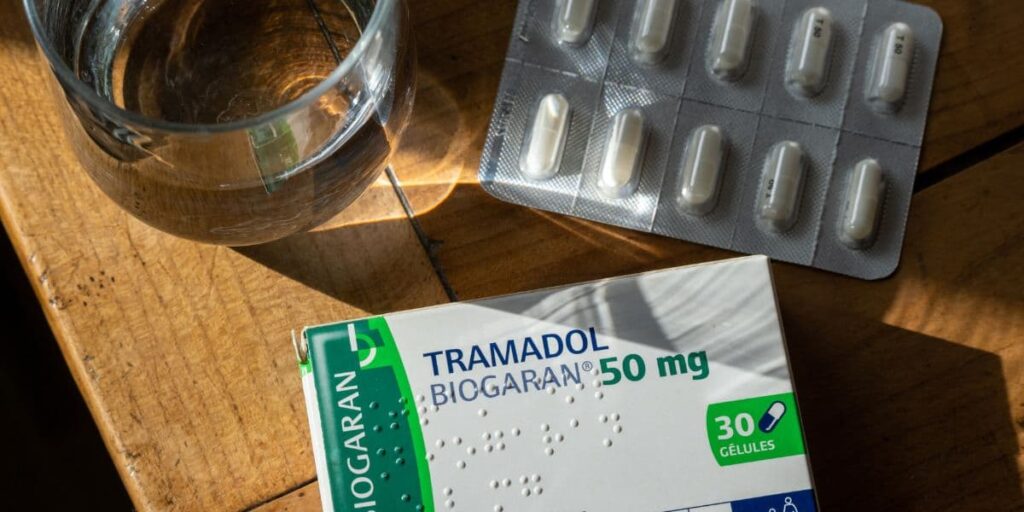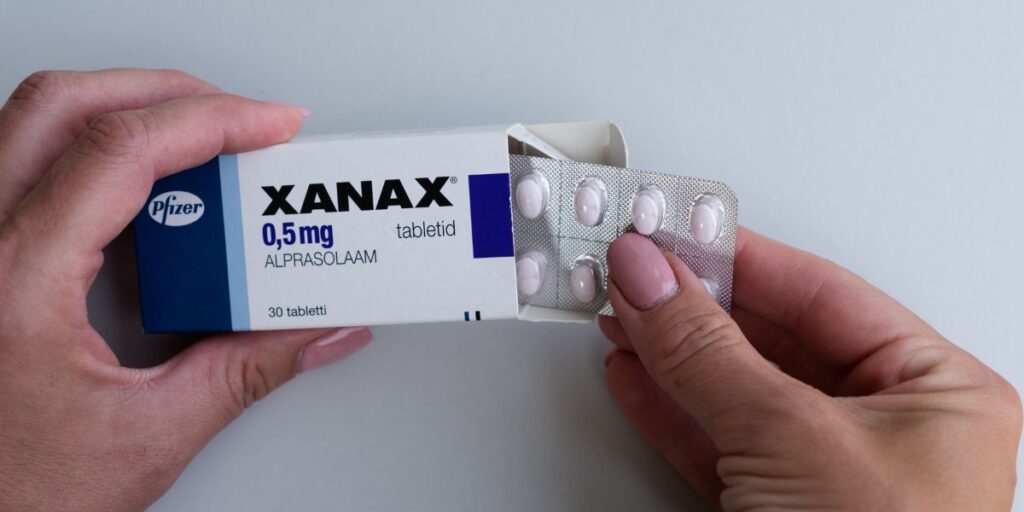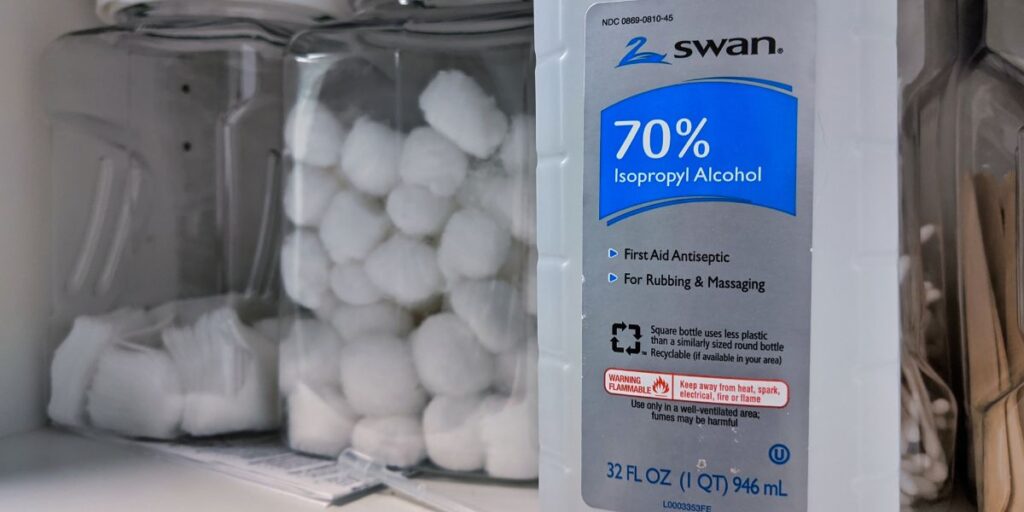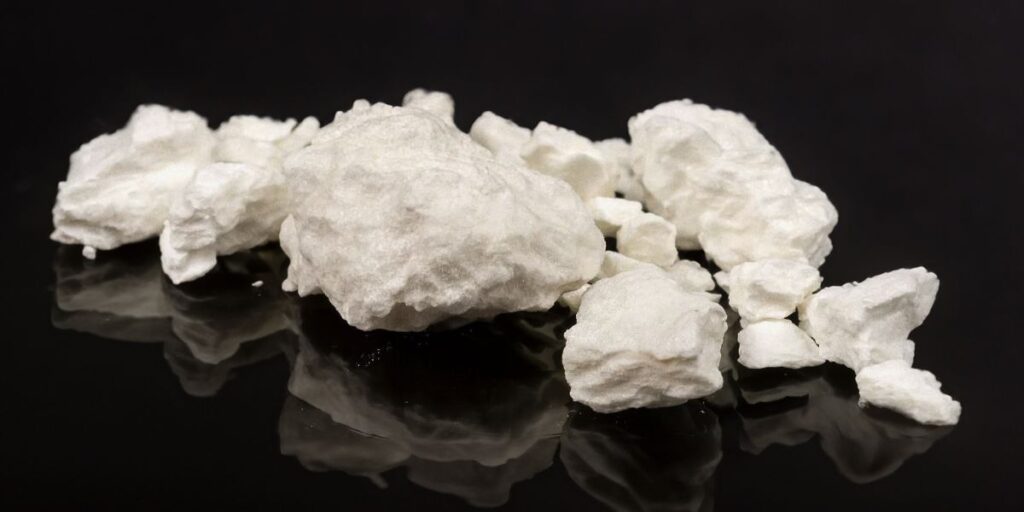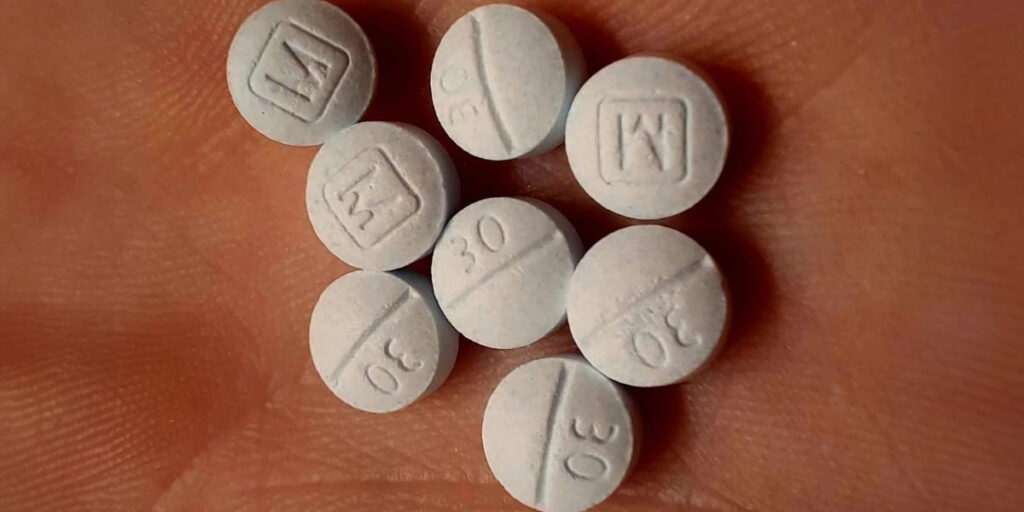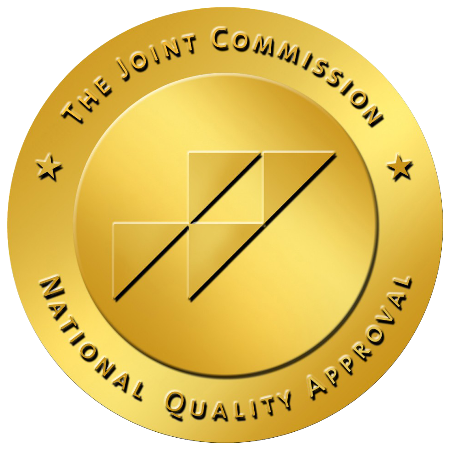The cannabis plant is a source of numerous chemical compounds, many of which have psychoactive effects. Among these compounds categorized as new psychoactive substances, delta-8, delta-9, and delta-10 tetrahydrocannabinol (THC) have garnered significant attention for their varying impacts on the human body. While similar in chemical structure, these compounds can differ significantly in their effects, legality, and safety.
What Is Delta 8 THC?
Delta-8 tetrahydrocannabinol is a naturally-occurring cannabinoid in cannabis, also known as delta-8 tetrahydrocannabinol. It is structurally similar to delta-9 THC, the most well-known form of THC, but with some key differences. delta-8 is less potent than delta-9, leading to milder psychoactive effects. This has made it a popular option for those seeking a more subtle experience.
Delta-8 THC is typically derived from hemp, which is legally defined as cannabis containing less than 0.3% delta-9 THC. This distinction is important as it allows delta-8 products to be sold legally in many regions, including at gas stations and online. Products such as vape cartridges, edibles, and tinctures containing delta-8 have become widely available as a result.

Is Delta 8 Safe?
The safety of consuming delta-8 THC is a topic of ongoing debate. While some users report positive effects such as relaxation and an appetite stimulant, there are potential risks to be aware of. Delta-8 THC, like other forms of THC, can cause short-term side effects such as dry mouth, red eyes, and impaired coordination. However, these effects are generally less severe because delta-8 is less potent than delta-9.
One of the concerns surrounding delta-8 THC is the lack of regulation and quality control in the production of delta-8 products. Since the compound is often derived from legal hemp, it is not subject to the same rigorous testing as other cannabis products. This can lead to inconsistencies in product quality, with some items containing harmful contaminants. The Food and Drug Administration (FDA) has issued warnings about the potential risks of delta-8 THC products, particularly those that are not produced in high-quality, controlled environments.
Delta 8 vs Delta 9
Delta-8 THC and delta-9 THC are both forms of tetrahydrocannabinol, but they have different effects because of their slightly different chemical structures. The primary difference lies in the location of a double bond on the THC molecule. In delta-8, the double bond is on the eighth carbon atom, while in delta-9, it is on the ninth. This small change results in delta-8 being less psychoactive than delta-9.
Delta-9 THC is well-known for its intoxicating effects, which are significantly stronger than those of delta-8. This makes delta-9 more popular among recreational marijuana users who seek a potent high. However, the stronger effects of delta-9 also come with a higher likelihood of adverse effects, such as anxiety, paranoia, and cognitive impairment.
On the other hand, delta-8 is often considered safer for those sensitive to the more potent effects of delta-9. It provides a milder high, which some users describe as more clear-headed and less likely to cause anxiety. This has led to a growing interest in delta-8 as a more manageable alternative to delta-9, especially in areas where delta-9 THC is classified as a controlled substance.
What is Delta 10?
Delta-10 THC is another cannabinoid that has recently gained popularity, though it is less well-known than delta-8 or delta-9. Like its counterparts, delta-10 is a naturally occurring compound in the cannabis plant, but it is present in much smaller quantities. As a result, delta-10 products are often synthesized from hemp-derived CBD.
Delta-10 THC is reported to have effects that are different from both delta-8 and delta-9. While it is psychoactive, its effects are often described as being more energizing and uplifting, similar to a sativa strain of cannabis. Users of delta-10 usually compare its effects to those of delta-8 but with a more stimulating quality. This makes delta-10 a popular choice for daytime use when a more alert and focused experience is desired.
Like delta-8, delta-10 is typically derived from legal hemp, making it available in many regions where delta-9 THC is restricted. However, because delta-10 is less common, less research is available on its safety and potential risks.
Delta 8, Delta 9, and Delta 10 Differences
When comparing delta-8, delta-9, and delta-10 THC, it’s important to consider their differences in potency, effects, and legality.
Potency
Delta-9 THC is the most potent of the three, with strong psychoactive effects that can lead to a significant high. Delta-8 THC is less potent, offering a milder experience that is often described as more relaxed and less likely to cause anxiety. Delta-10 THC is also less potent than delta-9 but is typically more energizing and stimulating than delta-8.
Effects
The effects of these cannabinoids can vary greatly. Delta-9 THC is known for its strong intoxicating effects, which can include:
- Euphoria
- Altered perception
- Increased appetite
- Anxiety or paranoia
Delta-8 THC offers similar effects but in a more subdued manner, making it a better option for those who want the benefits of THC without the intensity. Delta-10 THC, on the other hand, is known for its uplifting effects that can enhance focus and creativity.
Legality
The legality of delta-8, delta-9, and delta-10 THC varies depending on the region. Delta-9 THC is classified as a controlled substance in many areas, making it illegal for recreational use. However, delta-8 and delta-10 THC are often derived from legal hemp, allowing them to be sold in states where delta-9 is prohibited. It’s important to note that the legality of these cannabinoids is constantly evolving, and consumers should stay informed about the laws in their area.
Availability
Delta-9 THC is widely available in states where marijuana is legal, both for medical and recreational use. Delta-8 and delta-10 products are more commonly found in places where delta-9 is restricted, such as gas stations, vape shops, and online retailers. Because these products are often sold in unregulated markets, consumers must seek out high-quality products to avoid potential risks.

Recreational Marijuana Abuse Treatment at Northridge Addiction Treatment Center
More people are using cannabis products like delta-8, delta-9, and delta-10 THC. This trend raises concerns because there is a risk of abuse and addiction. Some people use drugs for fun or health reasons, but others can become addicted, causing serious health and life problems.
Northridge Addiction Treatment Center (NATC) helps people with substance use and co-occurring mental health disorders. NATC focuses on effective treatments for people struggling with cannabis dependency. Our team of experienced professionals offers personalized treatment plans that address the physical, emotional, and psychological aspects of addiction.
We provide evidence-based addiction treatment to help residents create a solid base for lasting and meaningful recovery. These programs include medical detox, dual diagnosis treatment, and cognitive-behavioral therapy (CBT), among various others.
Our objective is to support residents in reaching and sustaining sobriety. Our only goal is to help residents achieve sobriety and live happily in recovery. If you or someone you know is having problems with marijuana use, like delta-8, delta-9, or delta-10 THC, please contact us for help.
Our dedicated team of treatment specialists is eager to help you find the right treatment for your needs. Call NATC today.



